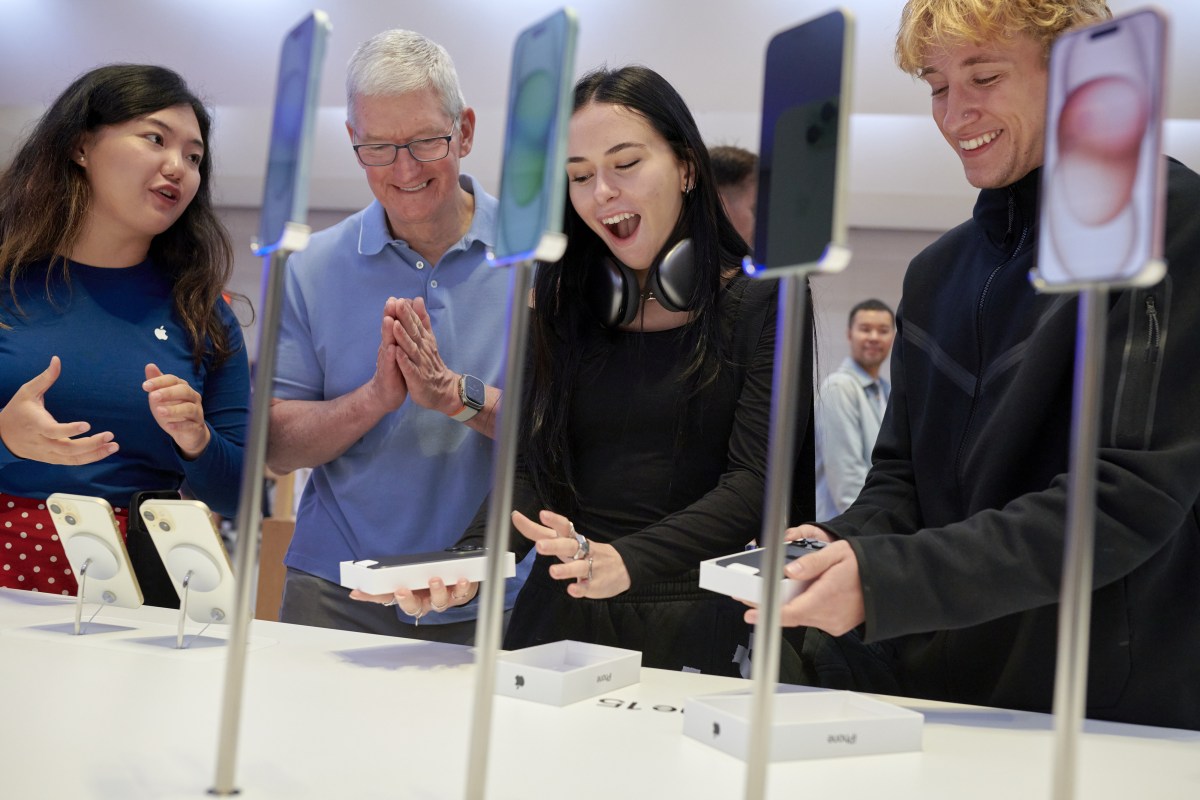Arcade, a pioneering generative AI marketplace that initially focused on designing jewelry, has now expanded its scope to include home goods, with rugs being the first addition to its portfolio.
In conjunction with this expansion, the company has also introduced a novel feature titled “Match My Room.” This feature enables users to upload a photograph of their room, allowing the AI to generate designs that complement the existing colors and style of the space.
Simultaneously, Arcade has announced the successful completion of its $25 million Series A funding round. This brings the total amount of funds raised by the company to $42 million, marking a significant milestone in its growth trajectory.
The rug creation tool, akin to Arcade’s jewelry design generator, utilizes the capabilities of Midjourney and Stable Diffusion. The process involves users selecting the desired rug material and then providing a text prompt that describes their ideal design. Once the design is generated, it is paired with a manufacturer, who then sends a free sample to the creator for approval before the purchase is finalized.
Based on our firsthand experience with the platform, the prices of the rugs start at approximately $400 for a 3×9 hand-tufted wool option, which is positioned as the most affordable material choice. However, prices escalate for more luxurious materials such as cashmere, alpaca, and mohair. Despite this, Arcade asserts that it offers more competitive pricing compared to luxury rug retailers, which often charge in the thousands of dollars.

The “Match My Room” feature is designed to allow users to upload an image of their space, enabling the AI to analyze and match the colors present in the room. While the AI excels at color matching, it currently faces limitations in replicating patterns from other decorative items visible in the image, such as pillows and blankets. Nonetheless, this feature proves to be highly useful in ensuring that the color accents of the rug are harmoniously tied to the other furniture in the room.
For individuals who find joy in creating designs purely for enjoyment, Arcade offers a feature called “Dream Boards.” These boards function similarly to those found on Pinterest, where users can curate and showcase products that share similar themes, such as earrings.
Moreover, Arcade operates a seller program that allows participants to earn a commission of 5% on each sale of their products, representing an increase from the previous rate of 2.5%. Additional earning opportunities are available through Arcade’s affiliate program.
The company has recently launched an entrepreneur program aimed at supporting content creators in unlocking higher commission rates. This initiative invites major media outlets and influencers with a substantial following of over 25,000 to join by reaching out to Arcade’s marketing team via email.
Notably, despite the relatively recent launch of its beta jewelry offering in September 2024, Arcade reports having generated an impressive 650,000 unique jewelry designs. However, the company has not disclosed the number of users interested in purchasing these designs or the earnings of its sellers.
At the helm of Arcade is Mariam Naficy, a seasoned entrepreneur who founded cosmetics retailer Eve and design marketplace Minted.
The Series A funding round was led by Laura Chau of Canaan Partners, with significant participation from Kirsten Green of Forerunner Ventures.
The newly acquired capital will be strategically allocated towards expanding the team, enhancing the platform, and venturing into new product categories such as ceramics and pillows. Previously, Naficy has indicated plans to explore additional categories, including apparel and leather goods. As per the company’s website, chain belts are also slated for introduction in the near future.
Prior to this funding round, Arcade had raised $17 million from a consortium of investors, including Ashton Kutcher’s Sound Ventures, Offline Ventures, and Reid Hoffman, the co-founder of LinkedIn. Other notable investors in the company include Inspired Capital, Torch Capital, and David Luan, CEO of Adept AI Labs and former vice president of engineering at OpenAI, among others.
Source Link




